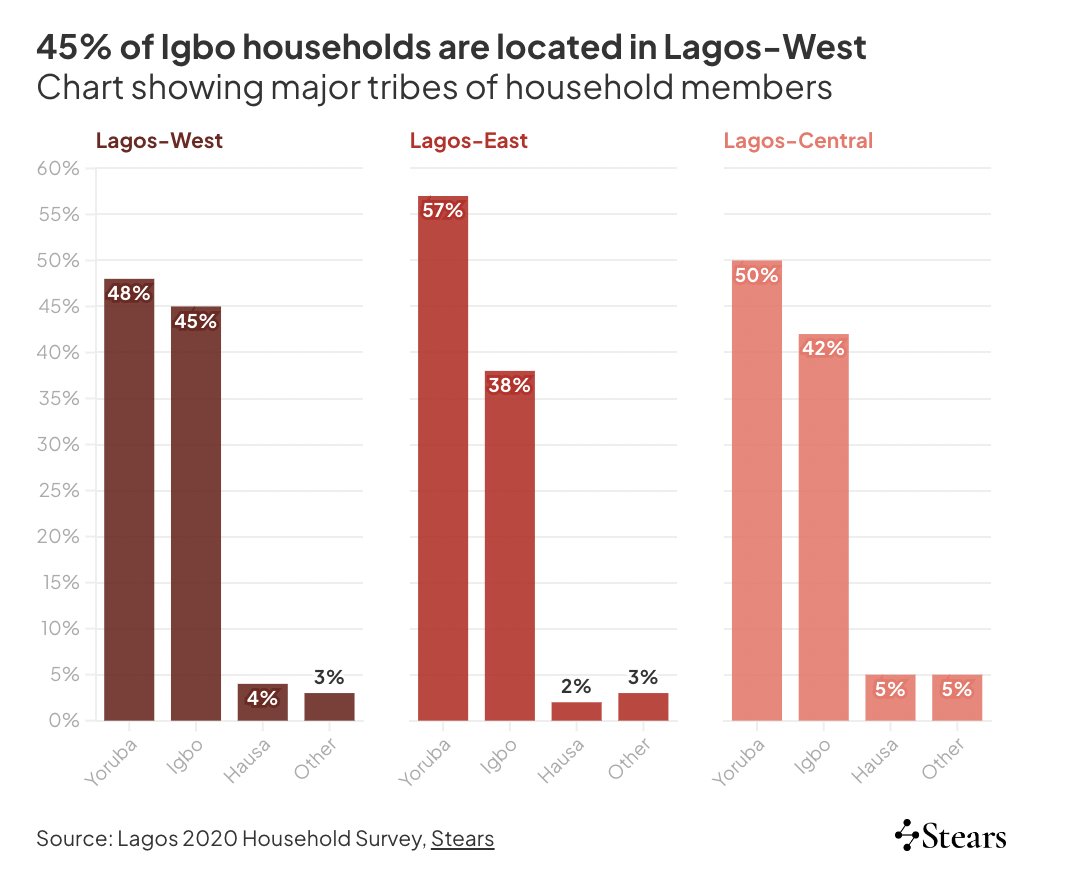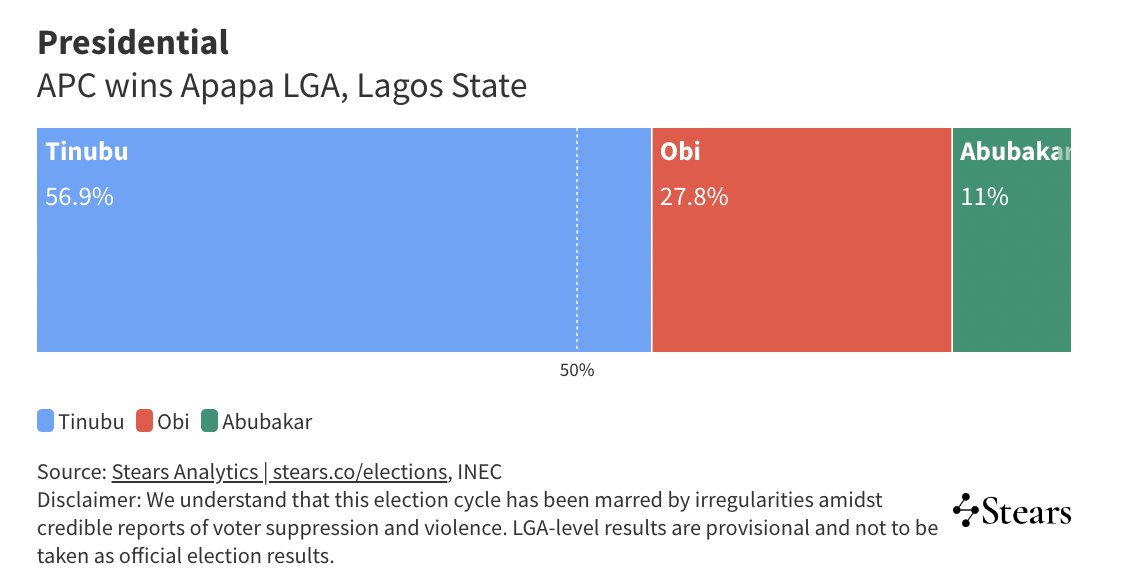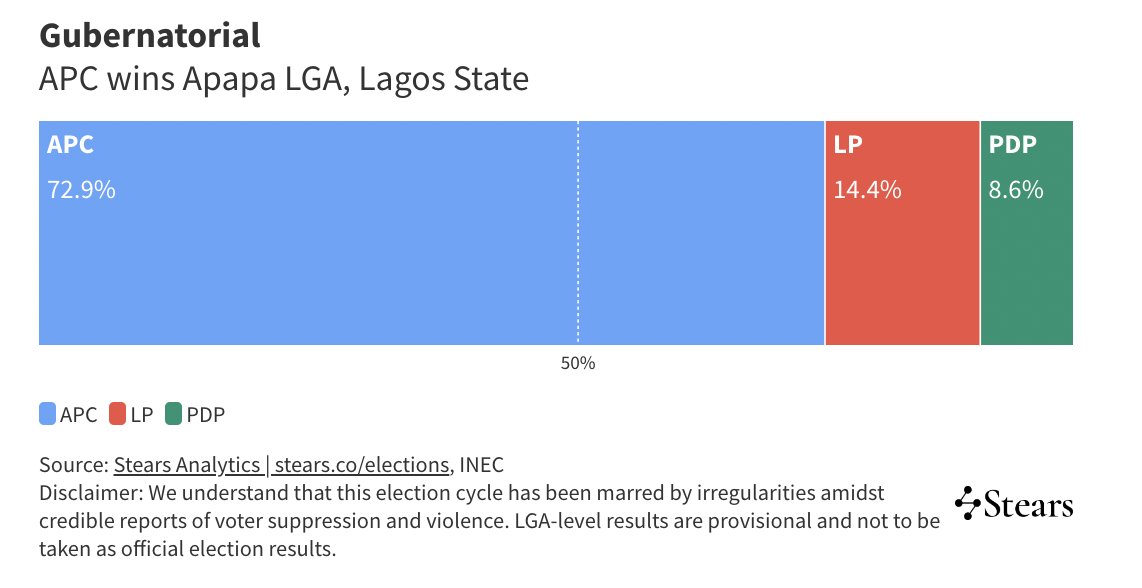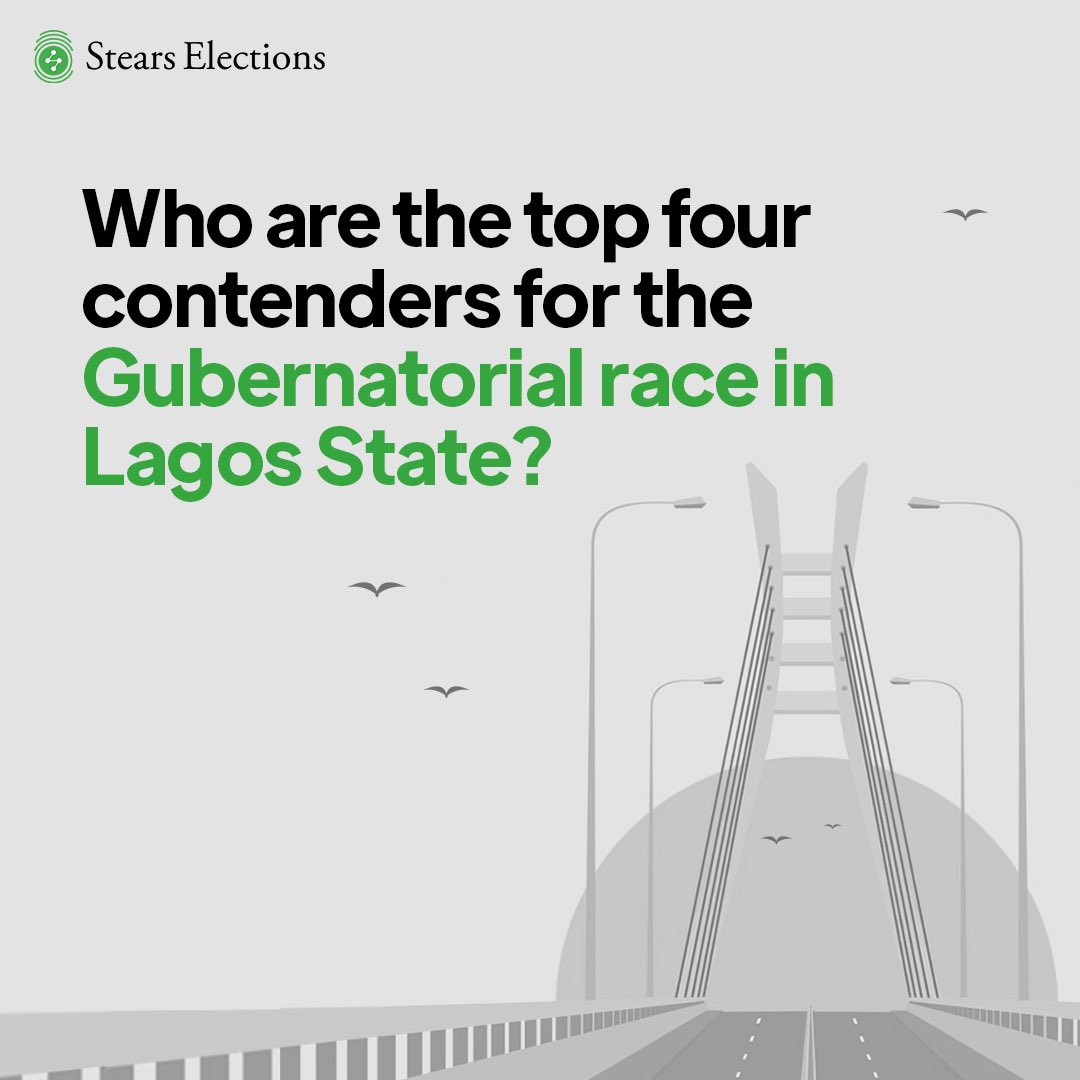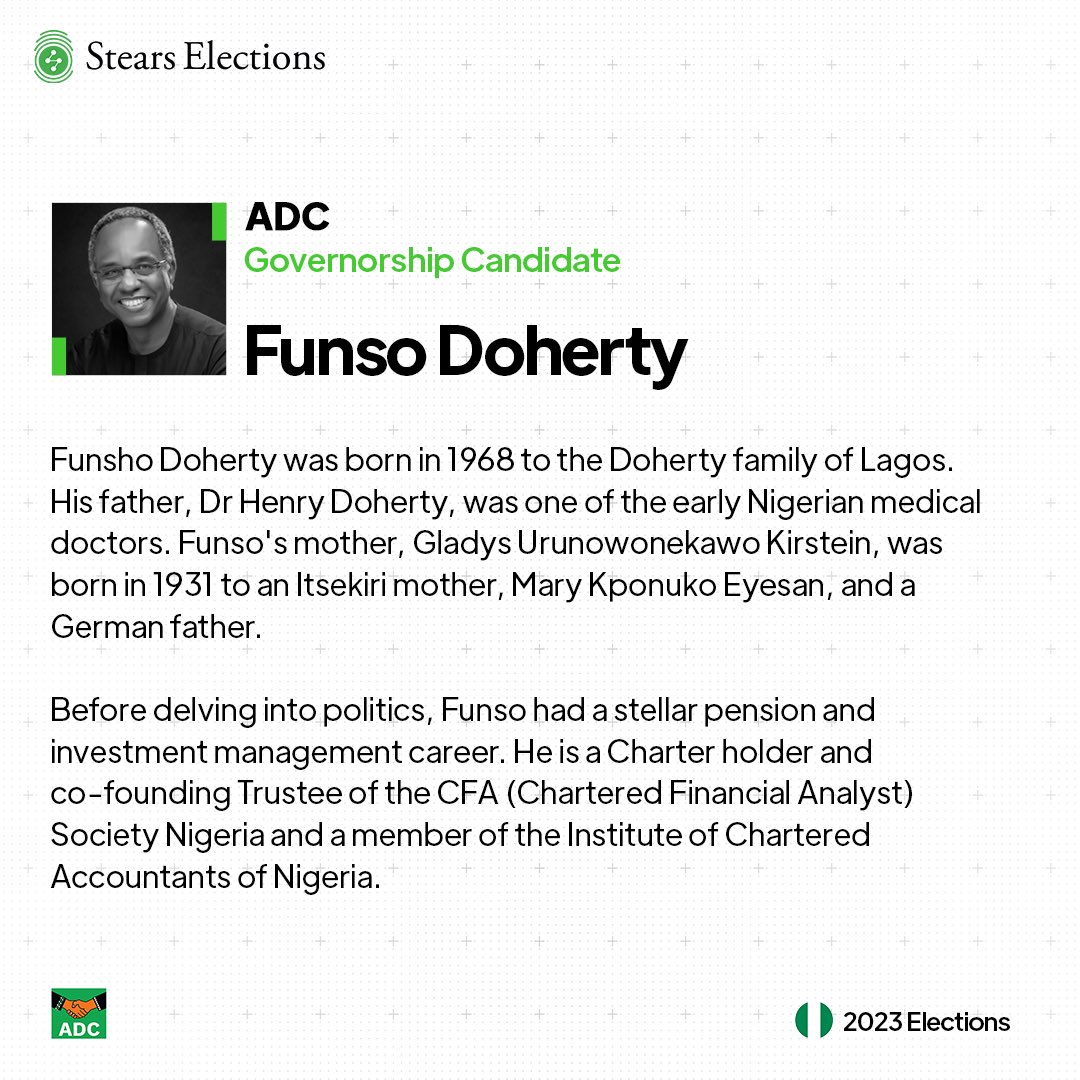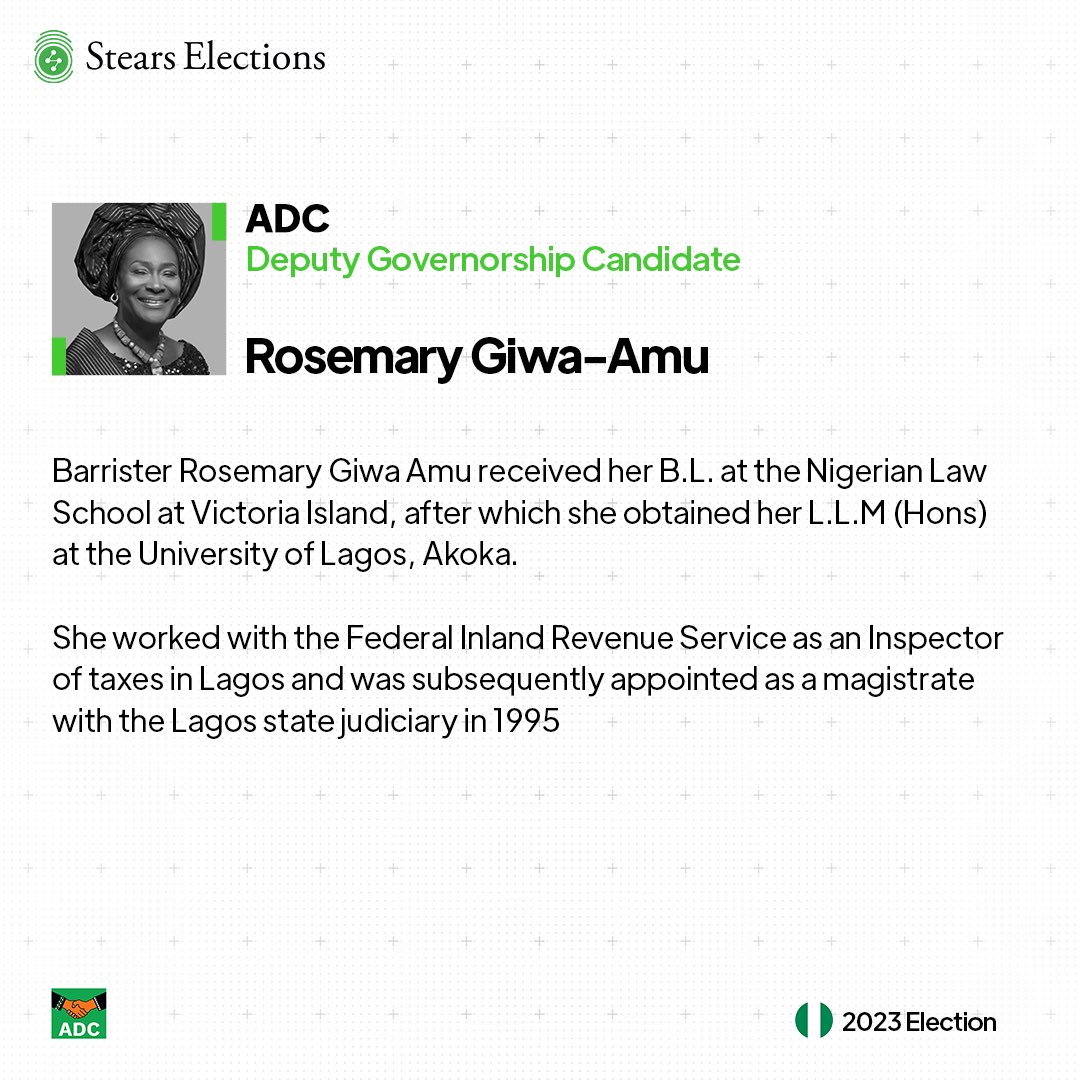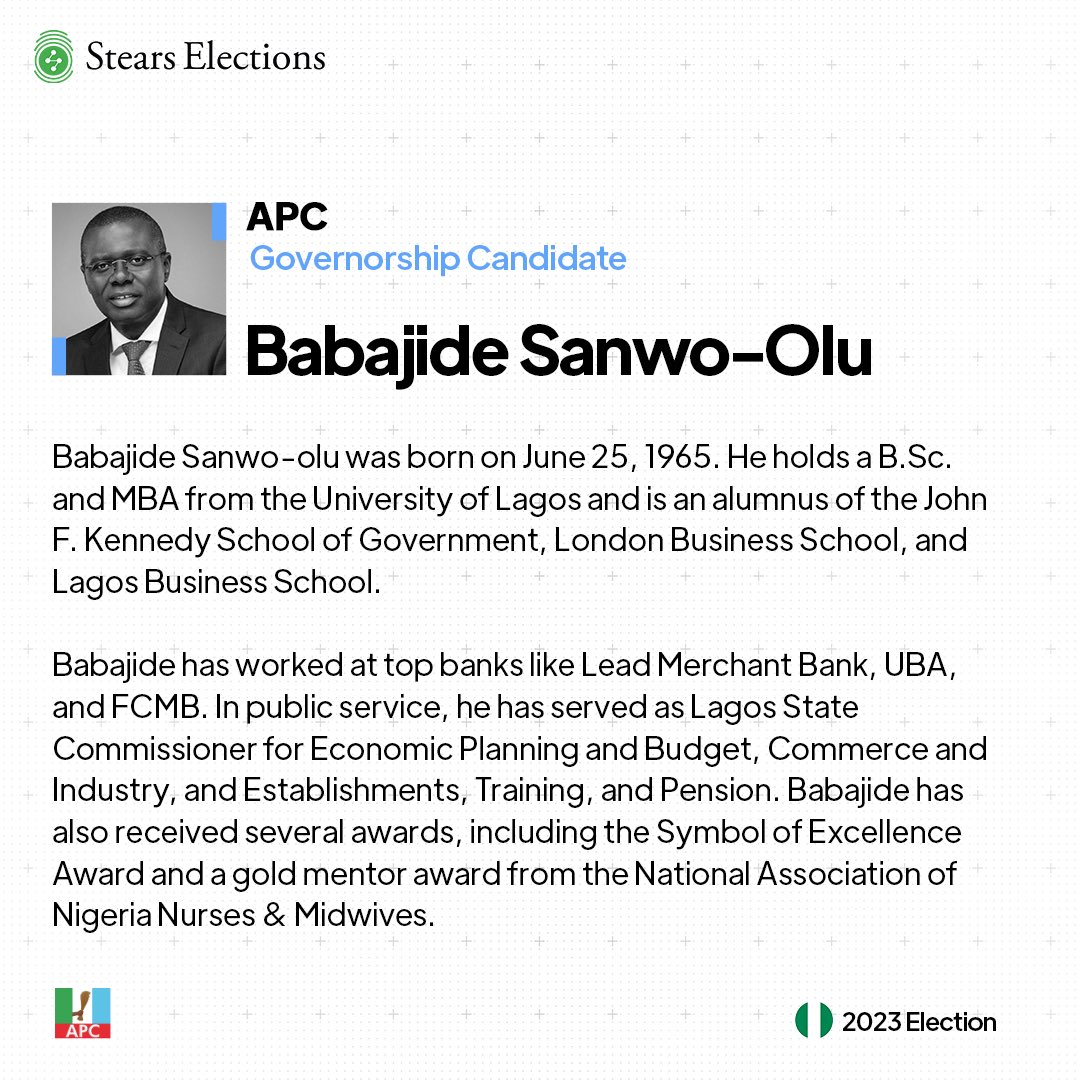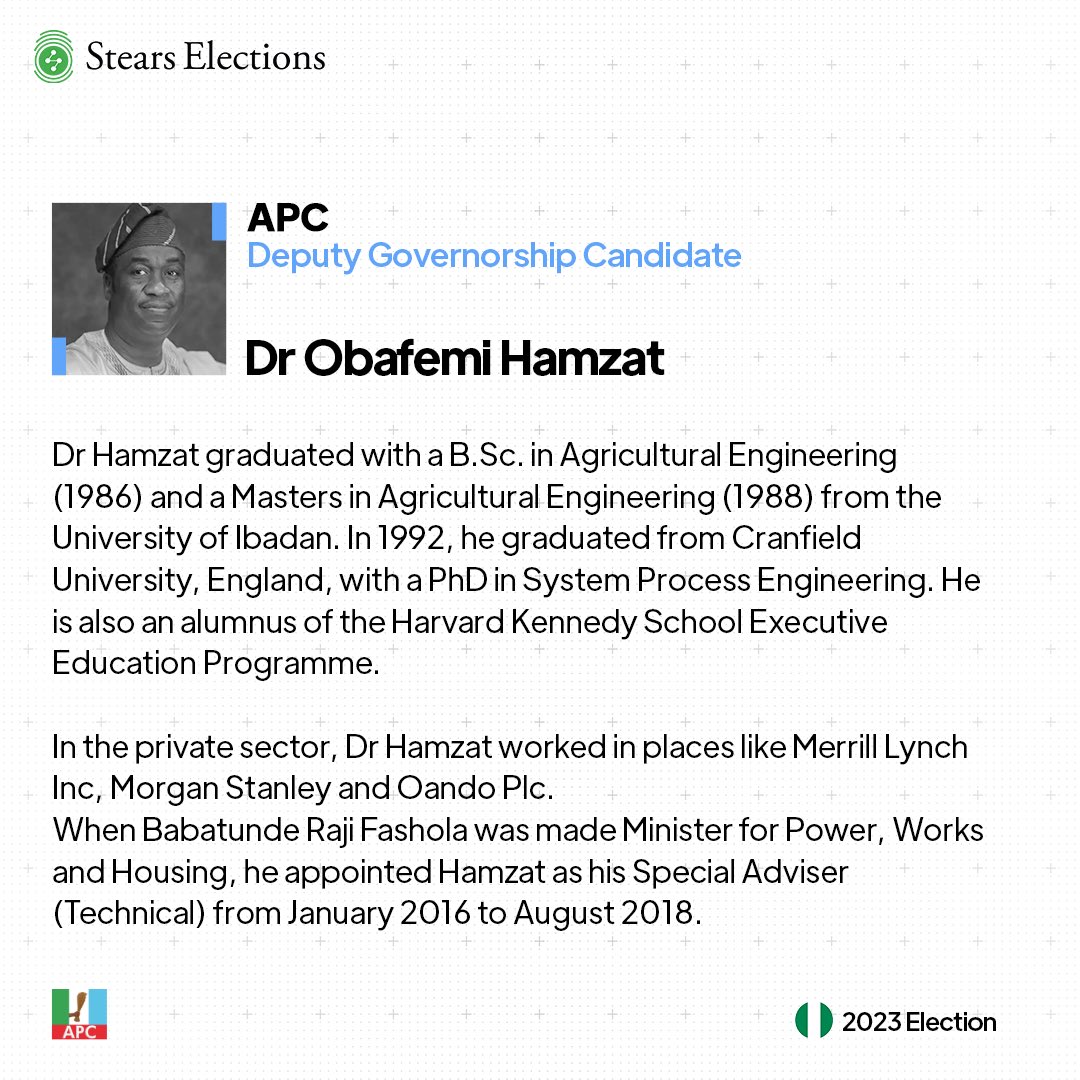Neither Atiku’s nor Tinubu’s manifesto inspires confidence that either candidate can steer Nigeria in the right direction.
Are things different with Peter Obi’s manifesto? Let’s find out!
THREAD
#StearsManifestoWeek 1/11
Are things different with Peter Obi’s manifesto? Let’s find out!
THREAD
#StearsManifestoWeek 1/11
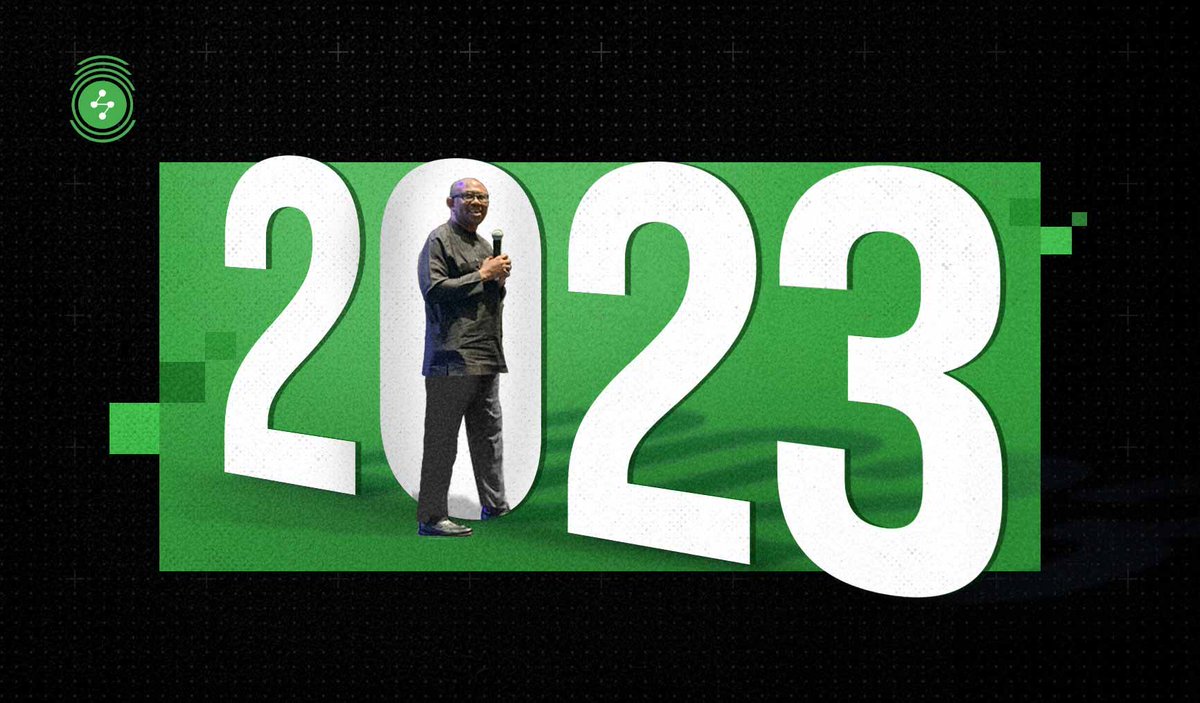
Let's start with electricity, every Nigerian's pain point.
The LP power sector plans are structured according to the sections of the electricity value chain: generation, transmission, distribution, and a bonus section for financing.
2/11
The LP power sector plans are structured according to the sections of the electricity value chain: generation, transmission, distribution, and a bonus section for financing.
2/11
Unlike the PDP and APC, the Labour party’s power manifesto plans ended with financing sources, from long-term multilateral debt to private sector support.
3/11
3/11
With the exception of generation gaffes like aiming to harness wind power for electricity, the LP demonstrates a better understanding of the issues in the power sector.
4/11
4/11
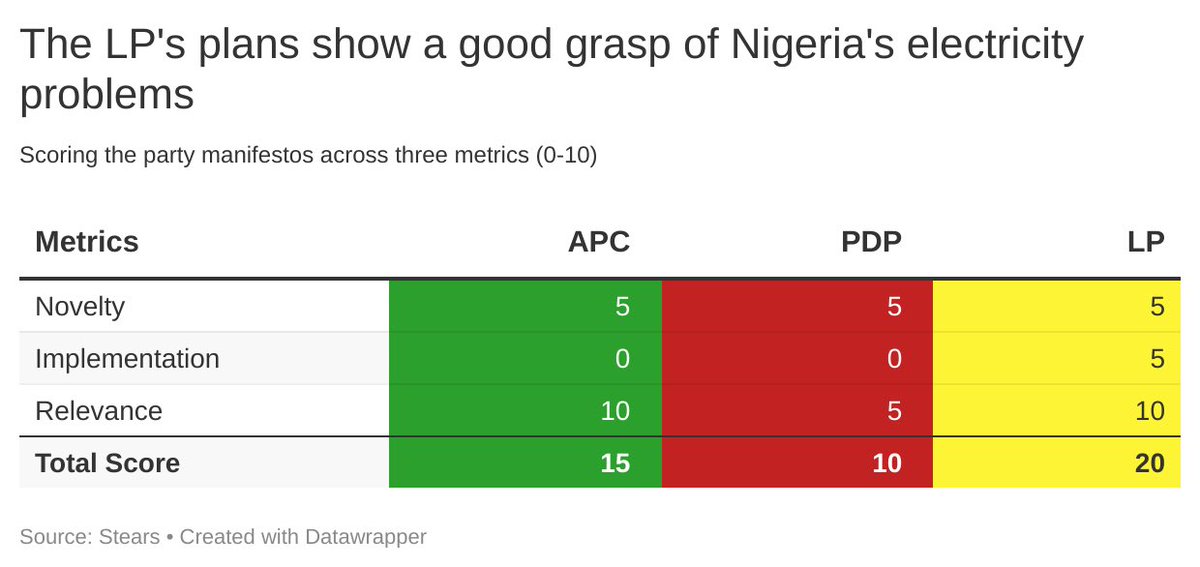
Regarding monetary policy, PO acknowledges that the root causes of Nigeria’s inflation and foreign exchange dilemmas are more supply-side driven and require a mix of fiscal and monetary policy interventions.
5/11
5/11
The Labour Party admits fiscal policy’s contributions to taming inflation and aims to pursue a unified exchange rate system. These plans, if implemented, are necessary to stem the tide of rising poverty in Nigeria.
6/11
6/11
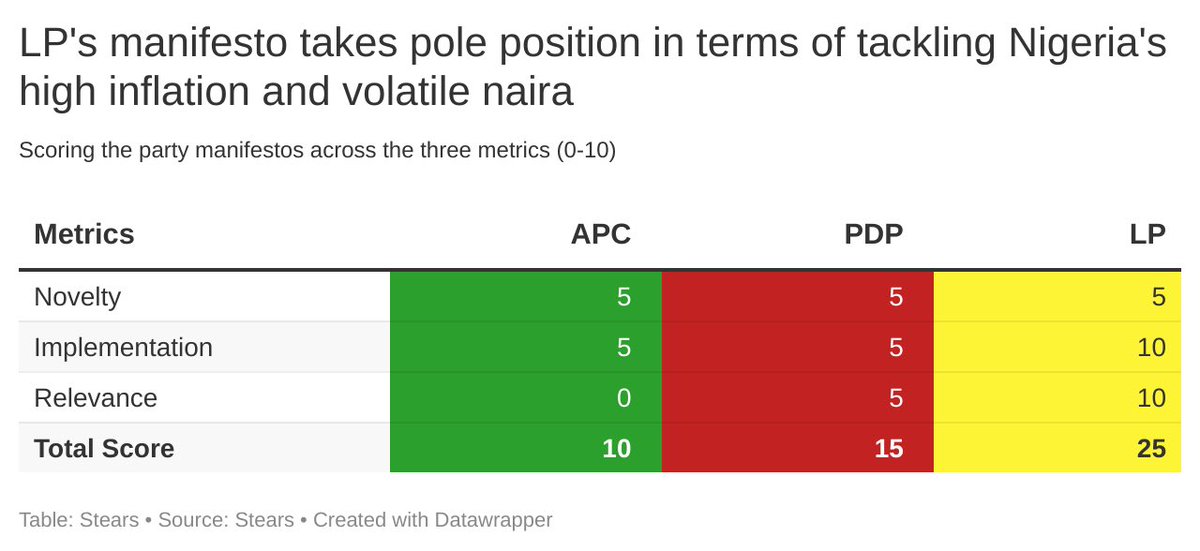
Moving forward to agriculture, LP’s plans fully grasp the problems embattling the agriculture sector compared to the APC and PDP. They are also relevant and implementable with good chances of success.
7/11
7/11
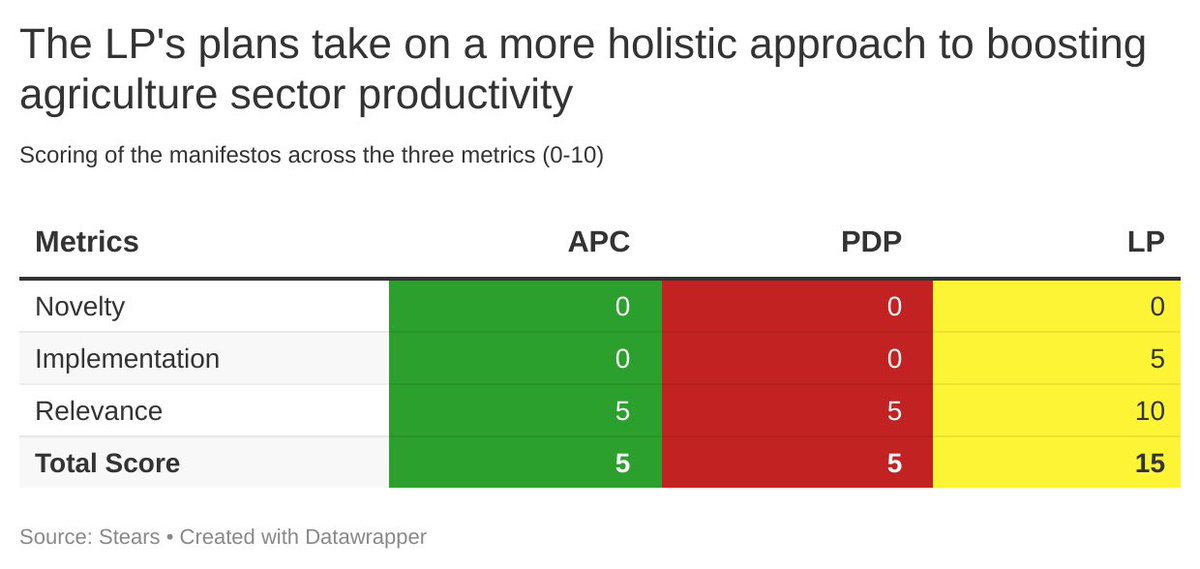
In terms of security, the Labour Party appreciates the steps needed to arrest the insecurity in the country, but additional detail in terms of cost and timelines are necessary to drive success. The APC and PDP took the lead here.
8/11
8/11
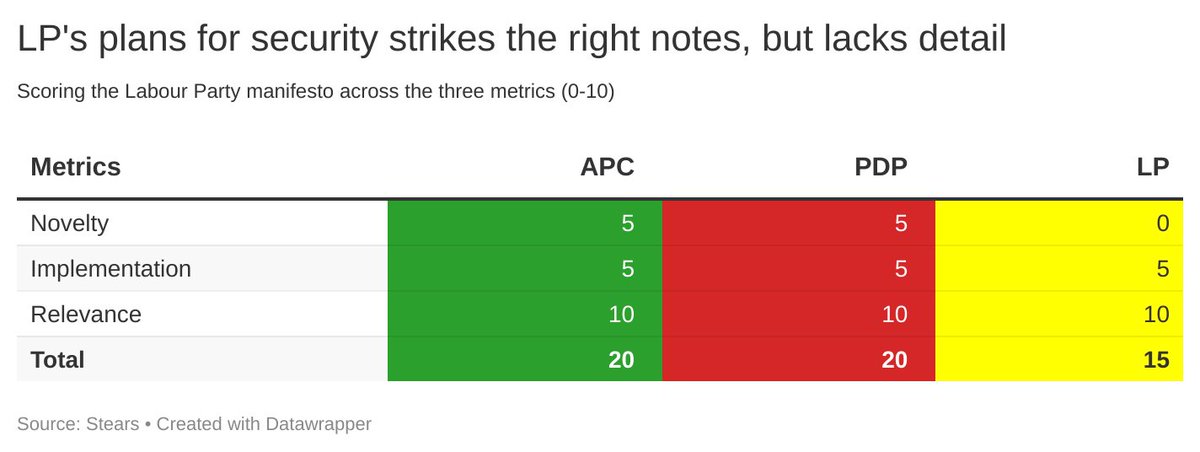
Fiscal policy is another area where the LP’s manifesto falls short. Although LP’s attempt to maintain a balanced budget is admirable, implementation, at least in the next four years, is unlikely.
9/11
9/11
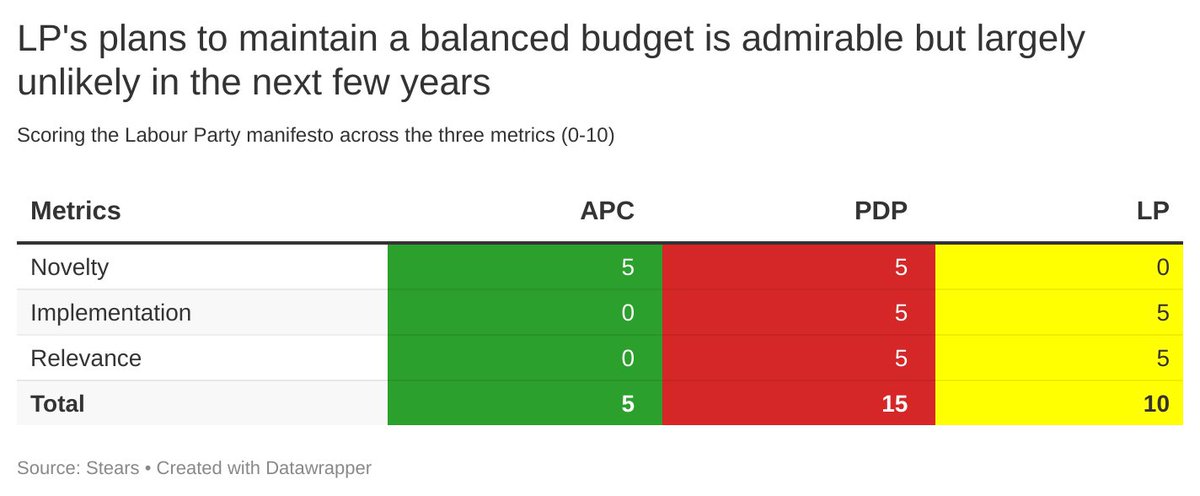
Overall, Peter Obi’s promises for each sector inspired slightly more confidence that things could be generally positive.
10/11
10/11
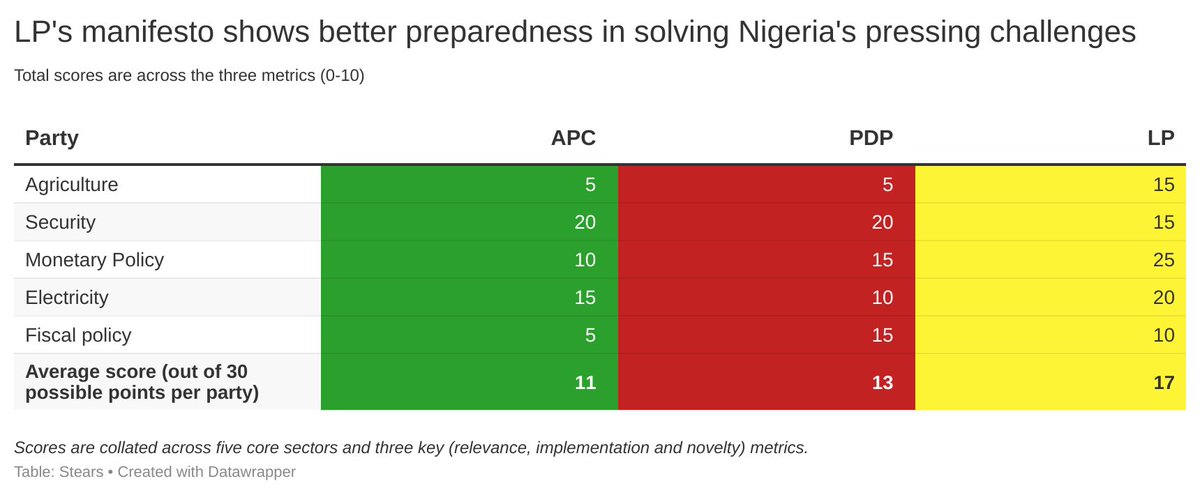
View a more detailed breakdown of Peter Obi’s manifesto analysis in our latest free-to-read article.
#StearsManifestoWeek
11/11
bit.ly/3BB70fg
#StearsManifestoWeek
11/11
bit.ly/3BB70fg
• • •
Missing some Tweet in this thread? You can try to
force a refresh


